
An Epistemology of Noise
Short Audio Book Summary
An Epistemology of Noise Summary
0:00 / 0:00Reviews
No review yet. Be the first to review this book!
Description
"An Epistemology of Noise" is a concept that delves into the philosophical and theoretical exploration of noise as a phenomenon, particularly within the realm of knowledge and understanding. Here's an overview of what such an epistemology might entail: 1. **Definition of Noise**: The first step in developing an epistemology of noise is to define what is meant by "noise" in this context. Noise can be understood as any unwanted or meaningless disturbance that interferes with the transmission or reception of signals, information, or knowledge. This could include random fluctuations, irrelevant data, or disruptive elements within a system. 2. **The Nature of Knowledge**: An epistemology of noise would consider how noise impacts the acquisition, transmission, and validation of knowledge. It would explore questions such as: What constitutes knowledge? How is knowledge distinguished from noise? How do we filter out noise to access true knowledge? 3. **Perception and Interpretation**: Noise can affect how information is perceived and interpreted. This epistemology would examine how individuals and systems perceive and interpret signals amidst noise, as well as how noise influences cognition, meaning-making, and understanding. 4. **Communication and Information Theory**: Noise plays a significant role in communication and information theory. An epistemology of noise would draw upon concepts from these fields to analyze how noise affects the transmission and reception of information, and how it can be managed or mitigated to ensure accurate communication and understanding. 5. **Uncertainty and Complexity**: Noise introduces uncertainty and complexity into systems of knowledge. This epistemology would explore the implications of uncertainty and complexity for epistemological frameworks, and how noise challenges traditional notions of certainty, objectivity, and truth. 6. **Cultural and Social Dimensions**: Noise is not only a technical or physical phenomenon but also has cultural and social dimensions. An epistemology of noise would consider how noise is constructed, perceived, and valued within different cultural and social contexts, as well as how it shapes power dynamics, discourse, and knowledge production. Overall, an epistemology of noise provides a framework for understanding the role of noise in shaping our understanding of the world, the challenges it poses to knowledge production and communication, and the ways in which we might navigate or embrace noise to enrich our epistemological perspectives.























.jpg)
.jpeg)
.jpeg)





.jpg)

.jpg)
.jpg)
.jpeg)





.jpeg)





.jpg)










.jpg)




.png)

.jpeg)











.jpg)


















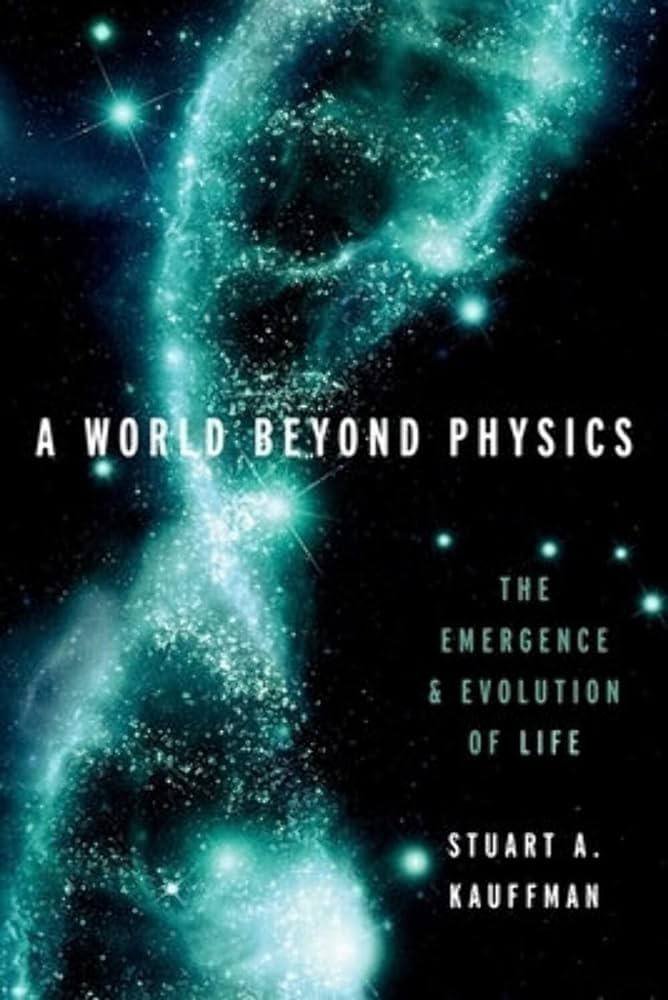




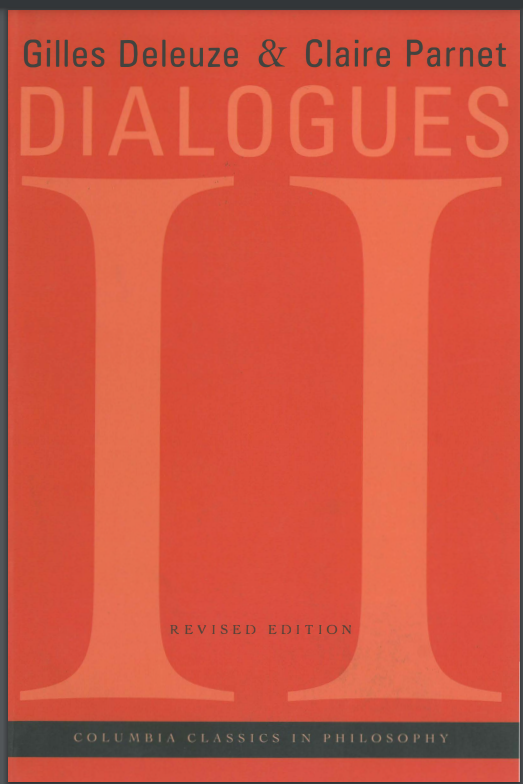

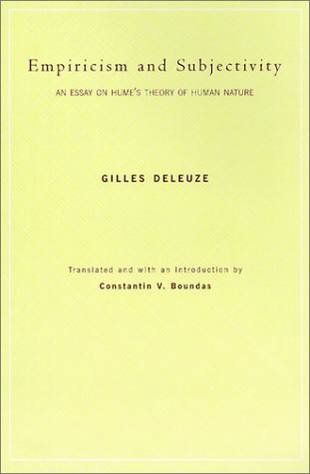


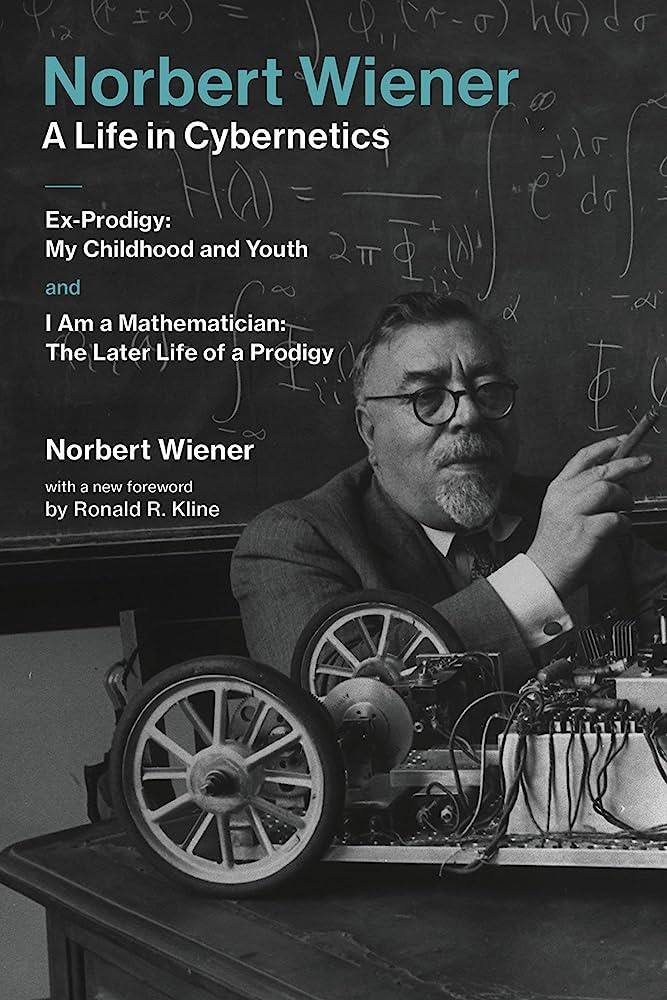
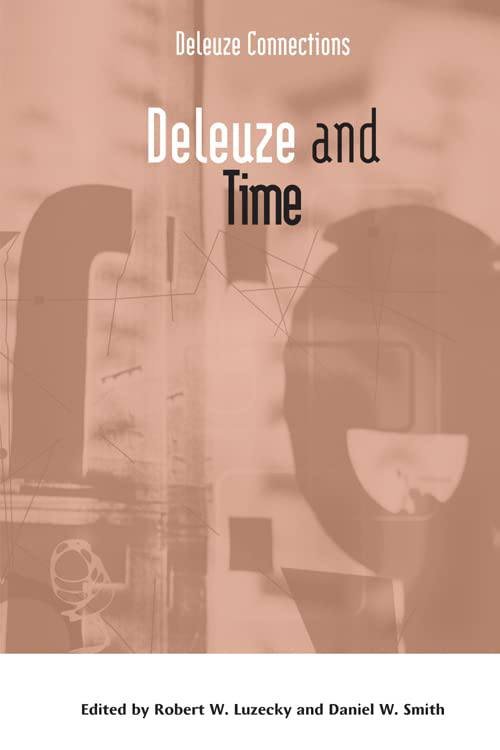

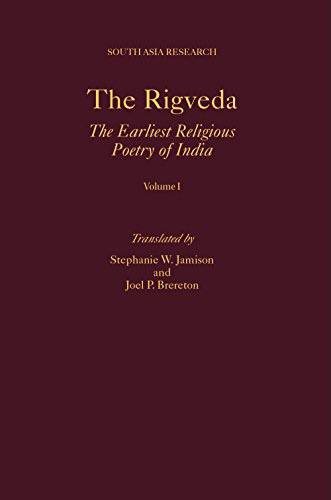
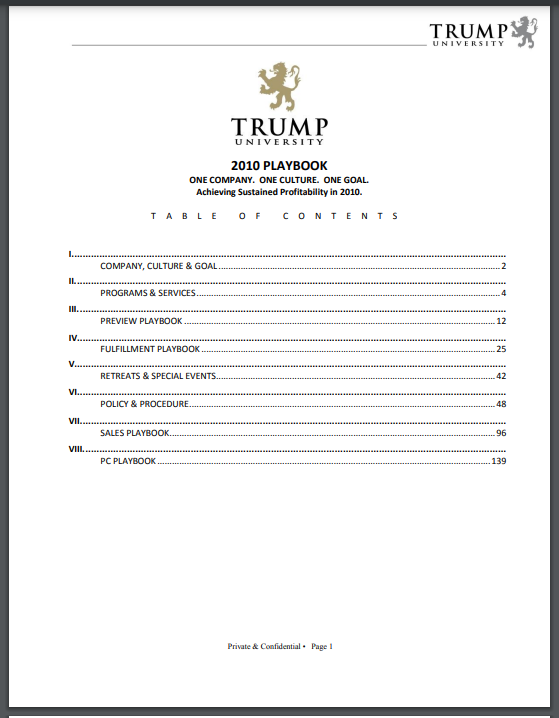

.jpeg)
